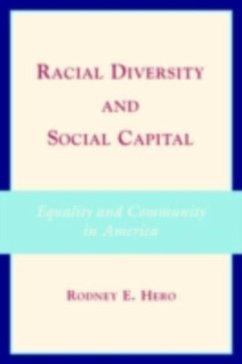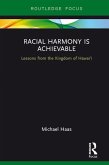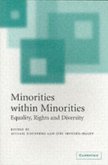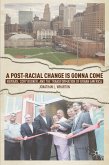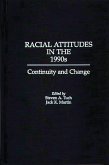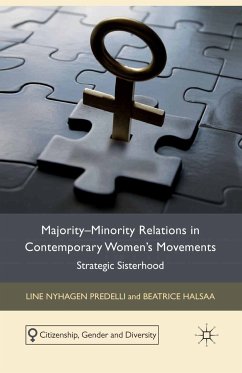Race and racial diversity are important aspects of America and have been shown to substantially affect social relations and the political system, often in ways inconsistent with the values of equality. However, greater civic association and a general sense of community, embodied in the concept of social capital, are said to have tremendous beneficial effects and profoundly influence American society. This 2007 study juxtaposes and critically assesses two bodies of research that have reached different conclusions on these issues. Is America's legacy of racial inequality an 'evil twin' of the benefits of social capital? By analysing the social outcomes for racial minorities, in addition to other dimensions of American politics, the author shows that the impact of racial diversity consistently outweighs that of social capital.
Dieser Download kann aus rechtlichen Gründen nur mit Rechnungsadresse in A, B, BG, CY, CZ, D, DK, EW, E, FIN, F, GR, HR, H, IRL, I, LT, L, LR, M, NL, PL, P, R, S, SLO, SK ausgeliefert werden.

